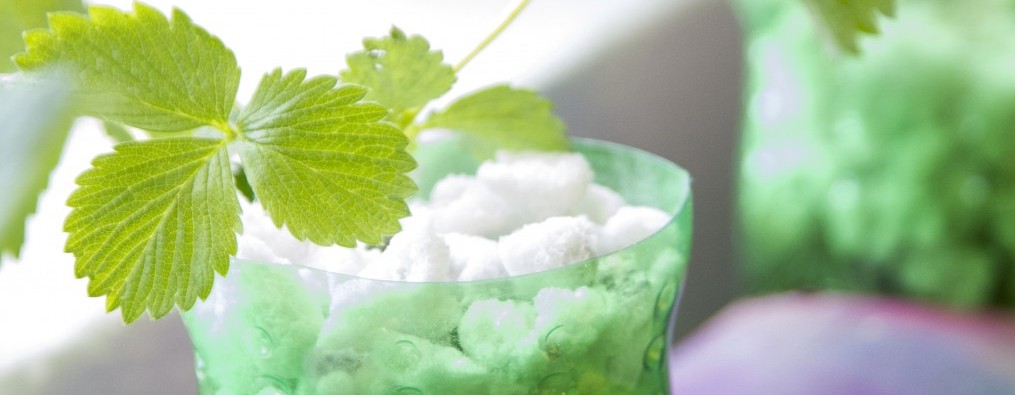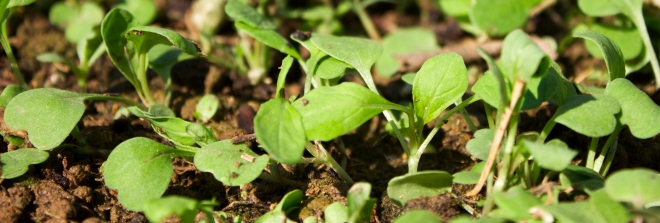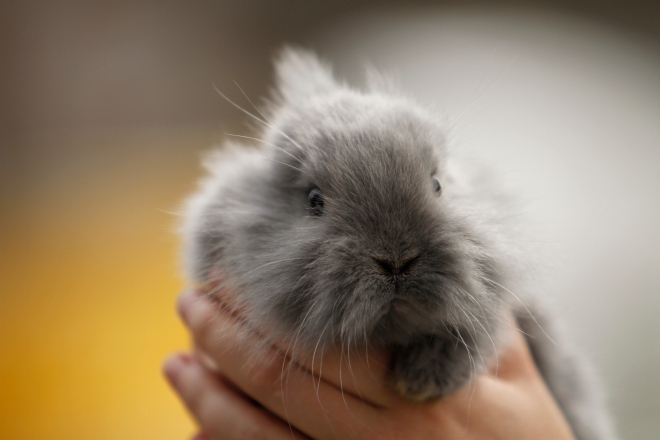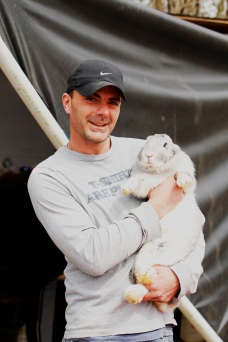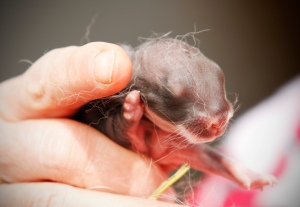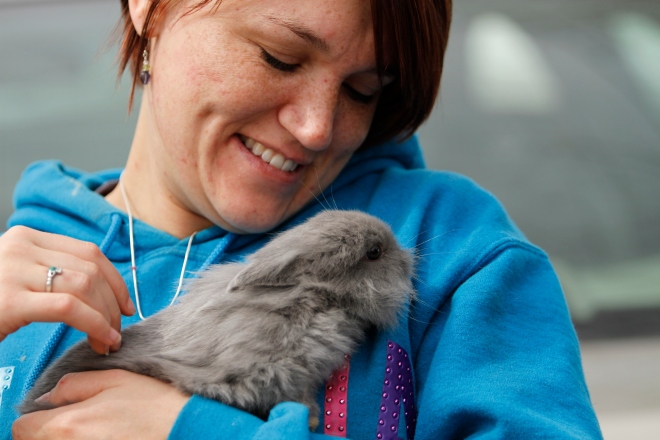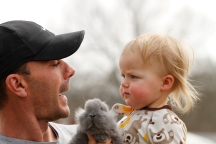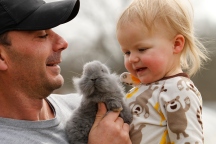Lettuce and arugula make for excellent late winter crops and can easily be sown in small, makeshift greenhouses. We have constructed these out of poly-carbonate panels, 2×6’s, and six mil poly greenhouse covering. And duct tape. Lots of duct tape. 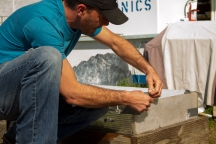
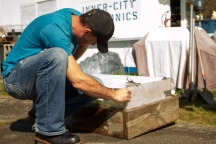

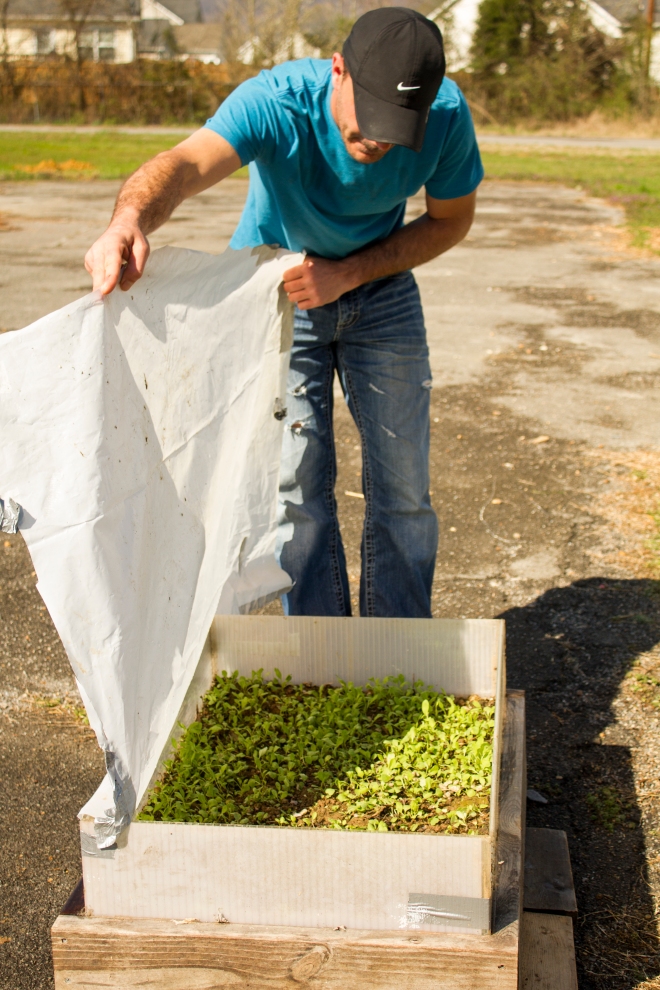
Month: February 2013
Bunnies! Using Rabbits in Sustainable Agriculture
Bunnies may just be the best thing ever.
Flemish giant rabbits are the largest breed of domestic rabbits in the world. Why do we have them? Because they are awesome and everyone should have some.
Oh, but also because they are excellent additions to a sustainable farm.
Our rabbits are raised here on the farm to provide natural, organic fertilizer for soil reclamation projects. Rabbit waste contains higher levels nitrogen and phosphorous than cow or horse manure [at 2.4% nitrogen, 1.4 % phosphoric acid and 0.6% potash] providing excellent nutrients for soil and compost. Unlike many other forms of manure, rabbit pellets can safely be applied immediately to plants when fresh, without the risk of burning the plants.
Alternately, a liquid fertilizer may be created whereby the pellets are soaked in water for a few days and the water is used in irrigation, or combined with compost to add nutrients. Rabbit manure may also be used as earthworm feed when preparing beds for planting to promote aeration.
A great resource for directions on rabbit pellet fertilizing, as well as many other sustainable rabbitry practices may be found at this great blog: Rise and Shine Rabbitry
We do not harvest our rabbits, but if you were going to raise animals for meat production, rabbits are the most sustainable option. Rabbits feed on forage, therefore not competing with people for food options, they can survive happily on scraps and discarded plants. They take up a very small amount of space, and require little resources. Rabbits also digest food more efficiently than other animals, according to Slow Food USA, “Rabbit can produce six pounds of meat on the same amount of feed and water it takes a cow to produce just one pound.”
Much of the rabbit care is left in the hands of our student interns, who learn the benefits and challenges of animal husbandry, as well as the importance of soil care and compost.
